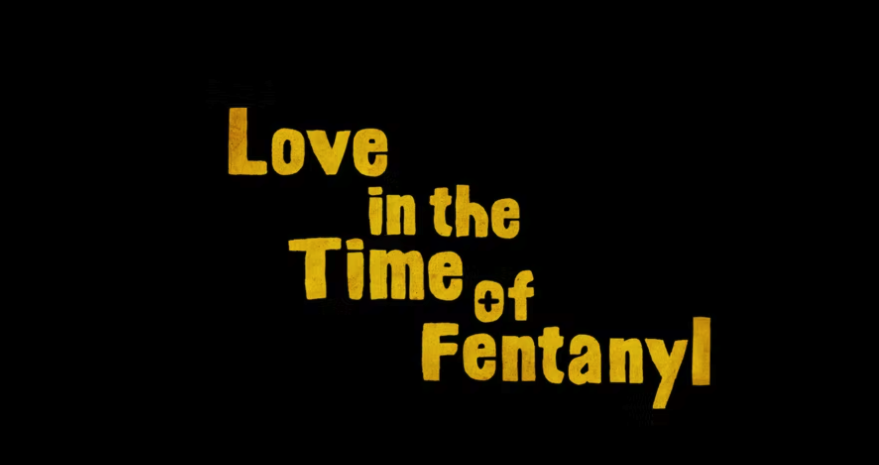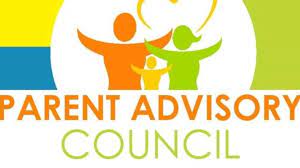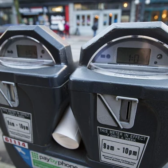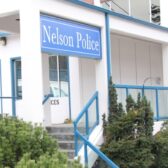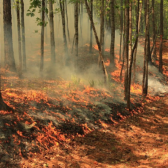Award-winning Love in the Time of Fentanyl documentary coming to Civic Theatre
In recognition of International Overdose Awareness Day, the Nelson Fentanyl Task Force, Kootenay Insurrection for Safe Supply (KISS), ANKORS, and Civic Theatre are pleased to present a special community screening of Colin Askey’s award-winning 2022 documentary, Love in the Time of Fentanyl, taking place at The Civic Theatre in Nelson on Monday, August 29th at 7 p.m.
A panel discussion and Q&A will immediately follow the screening, featuring guests from the along with local community members involved in responding to the unregulated drug poisoning crisis and its impacts here in the West Kootenay region.
Admission is by donation; no one will be turned away for lack of funds.
THE FILM
Winner of the Colin Low Award for Best Canadian Director at this year’s DOXA Documentary Film Festival, Love in the Time of Fentanyl is a deeply empathic, sometimes harrowing, yet unexpectedly and powerfully affirming portrait of a close-knit group of misfits, artists, activists, and drug users coming together to care for their friends, neighbours, and each other in the face of the devastating and widely ignored drug-poisoning crisis ravaging their community.
Taking viewers inside the operations of Vancouver’s Overdose Prevention Society, the film intimately observes staff members, volunteers, and community members as they discuss the radical power of harm reduction, remember those they have lost, and support each other through the trauma and grief they must live with and work through daily – all while doing whatever it takes to save lives and keep the site running.
THE PANEL
Immediately following the August 29th screening of Love in the Time of Fentanyl, there will be a panel discussion about the unregulated drug poisoning crisis, its impacts in the West Kootenay region, and both current and proposed solutions to end the crisis, including the recently announced plan by the government of British Columbia to decriminalize small amounts of certain drugs for personal possession and proposals to replace the unregulated toxic drug supply with a regulated “safe” supply of drugs.
Panelists are still being confirmed but are expected to include Ronnie Grigg, a long-time frontline harm reduction worker featured in the film and known affectionately in the Downtown Eastside as “Narcan Jesus”, along with at least one other guest from the film and two local community members involved in the West Kootenay region’s response to the illicit drug toxicity crisis.
Further details will be announced as they are confirmed.
THE CRISIS
On April 14, 2016, British Columbia’s provincial health officer declared a public health emergency due to a significant increase in opioid-related overdose deaths. Since that declaration was made, more than 10,000 British Columbians have died due to illicit drug toxicity, with the majority of these deaths involving the synthetic opioid fentanyl and/or its analogues.
The primary driver of the shift from plant-based opioids to these far more potent and volatile synthetics has been the global prohibitionist framework and its influence on the illegal drug trade, a relationship of increasingly deadly symbiosis that sees every significant uptick in interdiction met with supply-side adaptations to maintain access to markets and protect profits, almost always at the expense of consumer safety. Currently, an average of six British Columbians die every day after consuming illicit drugs of unknown potency and/or composition.
THE EVENT PRESENTERS
ANKORS (AIDS Network Kootenay Outreach and Support Society) was established in 1992 as a non-profit society providing a broad range of services aimed at reducing the risk of transmission of HIV, HCV, sexually transmitted and other blood borne infections; promoting testing, treatment and care of those most at risk of and living with HCV and/or HIV and other blood borne infections; and providing accessible, low-barrier harm reduction services and strategies for at-risk populations including people who use drugs, men who have sex with men, transgender people, new comers (refugees) and immigrants, women, youth, those involved in the sex trade and those leaving corrections, detox and treatment.
Civic Theatre is a non-profit cultural media arts centre devoted to presenting and promoting film as a cultural and economic force in our society; advancing education about film and digital media; and, through the power of technology, offering our city and region a greater role to play in a global community. Originally opened in 1936, The Civic Theatre has been Nelson’s community theatre for over 80 years, pursuing its vision to entertain, educate, connect, and communicate through diverse film programming and exciting new initiatives such as the Kootenay Film Festival and the recently opened Shoebox Theatre at 225 Hall Street.
Kootenay Insurrection for Safe Supply (KISS) is an ad hoc advocacy and direct-action collective formed for the exclusive purpose of working to end British Columbia’s toxic illicit drug crisis by replacing the deadly unregulated illicit drug supply with a regulated supply of drugs of known composition and potency. We are individuals living in the West Kootenay region who are united in grief for those we have lost and by our shared anger at the lack of meaningful action to end this crisis.
Nelson Fentanyl Task Force (NFTF) was founded in 2016 by Interior Health, the Nelson Police Department and ANKORS to help coordinate a collaborative, inter-agency response to the unregulated drug poisoning crisis in the West Kootenay region. There are now 330 members in the NFTF’s three community action team groups, including peers with lived and living experience of drug use and local social service, healthcare, municipal representatives, and emergency responders, all of whom work together at improving overdose response, reducing deaths, provision of education, reducing stigma, and collaborating across agencies. Funding for the NFTF comes from Community Action Initiative (CAI), the Ministry of Mental Health and Addictions (MMHA), and the Overdose Emergency Response Centre (OERC).



